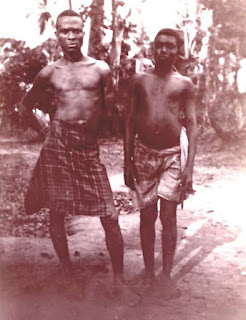Discover the Majestic Atlantika, Mandara, and Shebshi Mountain Ranges

Nestled along the Nigeria-Cameroon border, the Atlantika, Mandara, and Shebshi Mountains offer breathtaking landscapes, rich cultural heritage, and unique biodiversity. These mountain ranges are a haven for adventurers, researchers, and anyone looking to connect with nature and history. Atlantika Mountains Location: The Atlantika Mountains straddle northeastern Nigeria and northwestern Cameroon. Geography: Part of the Adamawa Plateau, these rugged hills and valleys are home to diverse ecosystems. Significance: Renowned for their biodiversity, the Atlantika Mountains are culturally significant to local communities, preserving unique customs and traditions. Mandara Mountains Location: Extending along the Nigeria-Cameroon border, these mountains touch Borno and Adamawa states in Nigeria and northern Cameroon. Geography: Featuring volcanic origins, the Mandara Mountains boast steep, rugged terrain with a mix of peaks, valleys, and plateaus. Significance: Historically rich, the ...










